Vietnamese businesses need to take full advantage of opportunities from the EVFTA, see Europe as a potential market and need to have their own approach policies.
On the afternoon of November 18, the Trade Promotion Agency (Ministry of Industry and Trade) organized a workshop on "Potential for exporting official products to the European market". Here, experts shared solutions to help businesses make the most of opportunities from the EVFTA.
According to statistics from Vietnam Customs, after 4 years of EVFTA taking effect (from August 2020), the European Union (EU) is currently Vietnam's leading trading partner, with an estimated 4-year export turnover of more than 200 billion USD, growing from 12% to 15%. In July 2024 alone, Vietnam's trade surplus with the EU is estimated at more than 20.2 billion USD, up 19.4% over the same period in 2023; export turnover increased by about 16.8%; imports increased by about 10%. The EU is in the top 6 largest export and import markets of Vietnam.
A survey by the European Chamber of Commerce in Vietnam (EuroCham) showed that the EVFTA has significantly boosted Vietnam's exports to Europe, soaring from 35 billion Euros in 2019 to more than 48 billion Euros in 2023. The growth is evident in sectors such as electronics, textiles, footwear, agriculture and seafood following the tariff reduction roadmap when this FTA comes into effect.
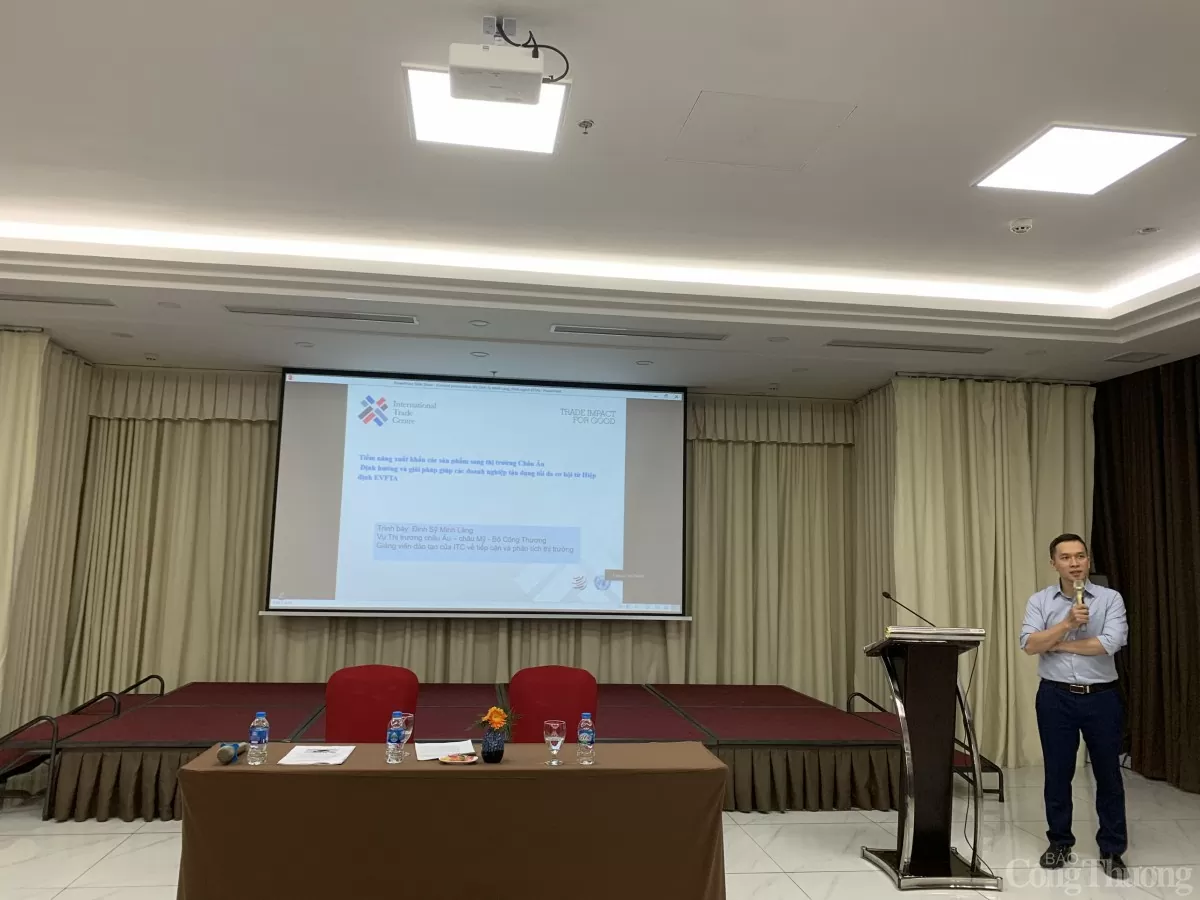 |
| Mr. Dinh Sy Minh Lang - Department of European - American Markets - Ministry of Industry and Trade spoke at the workshop. Photo: Phuong Cuc |
At the workshop, Mr. Dinh Sy Minh Lang - Department of European - American Markets - Ministry of Industry and Trade, ITC training lecturer on market access and tariff tools pointed out the characteristics of consumption in each country.
For example, according to Mr. Dinh Sy Minh Lang, Germans do not like to use plastic products and prefer to use wooden products; prefer to eat seafood rather than meat, and only use packaged products that clearly state the product name, place of manufacture, storage and usage conditions, code and barcode.
The Dutch are very fond of new products. Fresh products but small packages with the ability to preserve for a long time are also popular products recently. Although they are very concerned about price and promotion, they are willing to pay a high price to buy products but the products must be better than other similar products.
Italians focus on quality first, then variety and richness of products. Finns value convenience, being ready to eat and cook to save time.
According to Mr. Lang, the priority of European retailers is to source goods with sustainable values: " Environmentally friendly products, fair and ethical trade as well as sustainable employment in supplying companies have received strong support from consumers, so sustainable sourcing has also attracted equally strong support from retailers themselves. ITC's survey on sustainable sourcing and products: 85% of retailers said that sales of sustainable products have increased in the past 5 years. 92% of retailers expect sales of sustainable products to increase in the next 5 years ".
Speaking at the workshop, Mr. Nguyen Thanh Hung - Senior Government Consultant, Head of the Working Group of the National Steering Committee on International Integration - Government Office; former Head of the Working Group of the National Steering Committee on International Integration said: " Most Vietnamese enterprises are small and medium-sized enterprises, with low understanding of domestic and international legal regulations, limited awareness and skills in drafting contracts. This has caused many difficulties for enterprises in negotiating, signing and effectively implementing contracts ."
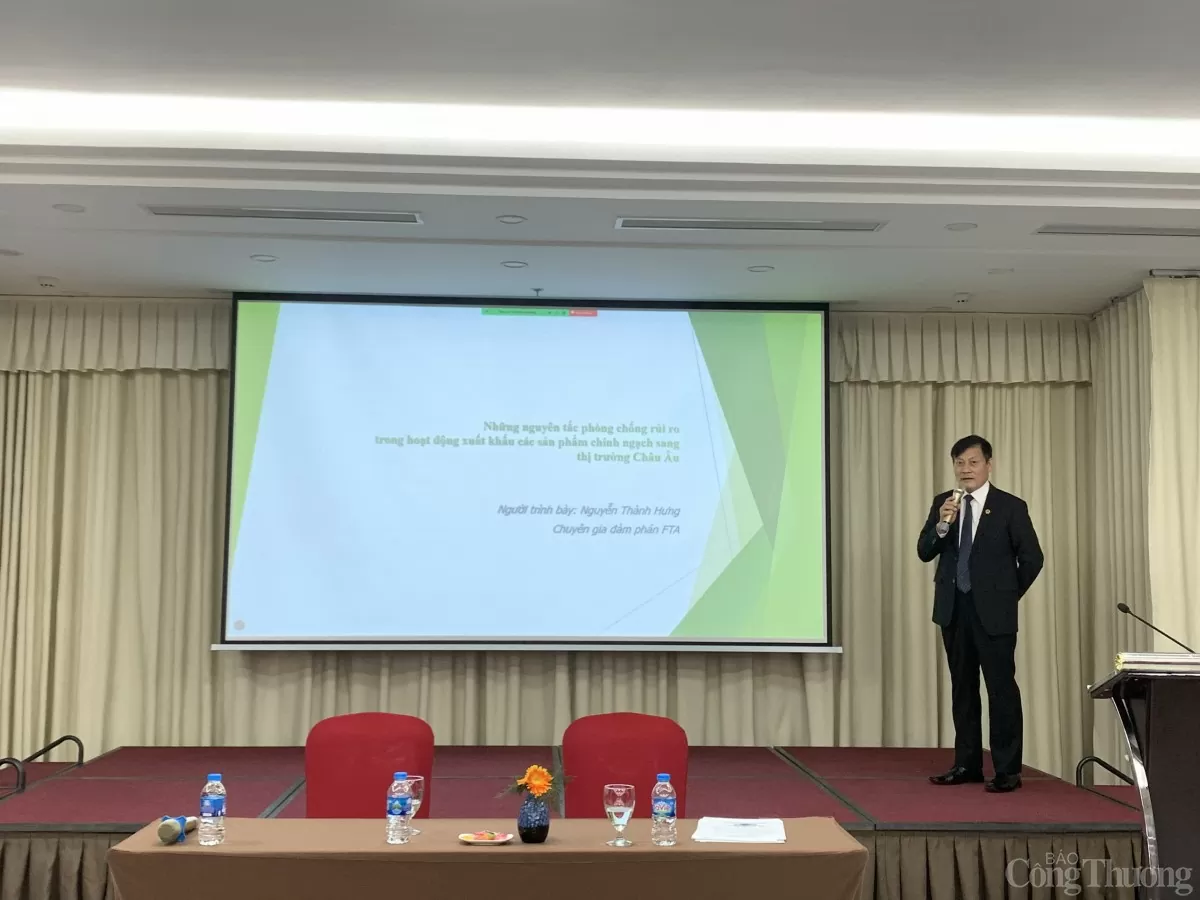 |
| Mr. Nguyen Thanh Hung said that Vietnamese small and medium enterprises have low understanding of domestic and international legal regulations. Photo: Phuong Cuc |
To limit the risks that may occur when participating in international trade transactions, Mr. Hung emphasized that businesses need to invest in research, market forecasting, and carefully study information about partners; improve the quality of human resources related to law and import-export activities; establish procedures for concluding and implementing international goods sale and purchase contracts; and the terms of the contract need to be specified and clear.
In addition, businesses should also use model contracts of prestigious organizations and agencies around the world. Using the above solutions in a synchronous manner can help businesses limit risks when concluding and implementing international sales contracts, contributing to improving business performance, identifying risks and some legal issues when exporting goods and making international payments. The Vietnamese government is actively supporting businesses and taking advantage of international trade agreements, notably the Vietnam - EU Free Trade Agreement (EVFTA) and the Comprehensive and Progressive Agreement for Trans-Pacific Partnership (CPTPP). In that context, equipping businesses with some basic knowledge to identify legal risks when exporting goods and making international payments is extremely necessary.
To limit some of the risks when trading through brokers, a senior government consultant said that Vietnamese businesses need to pay attention to the following issues:
Firstly , enterprises need to be more proactive in searching, evaluating, checking and verifying information received from the Broker through official sources of information (such as through Industry Associations, diplomatic/consular representative agencies of Vietnam in the home country of the buyer). At the same time, enterprises also need to be more proactive in the process of exchange and negotiation so as not to lose their important role and the other party's in the transaction of buying and selling goods, avoiding the case of being completely dependent on the broker. In addition, on the basis of the provisions of the Commercial Law as cited above, the Parties can agree that the broker is also authorized to perform the contract between the parties, thereby binding the responsibility of the broker in performing the contract signed between the parties.
Second , in any transaction of sale of goods, to strictly bind the responsibilities of the parties, the sales contract must be designed with corresponding strict terms, in which the seller can use some of the following measures such as requiring the buyer to deposit a part of the value of the goods and depending on the partner, the value of the deposit will be specifically determined; or the seller can negotiate with the buyer to request a bank or a third party with suitable financial capacity to issue a letter/commitment of payment guarantee.
Third , international trade in goods is often supported by logistics services, such as sea and air transport. To save transportation costs, businesses often choose sea transport through shipping lines with transportation functions. The characteristic of the sea transport industry is that there are many risks, so international laws and practices will have specific regulations to limit the liability of the carrier. This limitation will be proportional to the level of risk of the Parties in the trade in goods, because if the risk arises during the transportation process and the carrier is not responsible, the damage will belong entirely to the seller and the buyer in the transaction. Therefore, when exporting goods, Vietnamese businesses also need to have certain knowledge in the field of transportation, especially regulations on the limitation of liability of the carrier to anticipate arising risks, as well as prepare a handling plan.
Source: https://congthuong.vn/giai-phap-giup-cac-doanh-nghiep-tan-dung-toi-da-co-hoi-tu-hiep-dinh-evfta-359509.html







![[Photo] Ministry of Defense sees off relief forces to the airport to Myanmar for mission](https://vstatic.vietnam.vn/vietnam/resource/IMAGE/2025/3/30/245629fab9d644fd909ecd67f1749123)



![[Photo] Prime Minister Pham Minh Chinh chairs meeting to remove difficulties for projects](https://vstatic.vietnam.vn/vietnam/resource/IMAGE/2025/3/30/7d354a396d4e4699adc2ccc0d44fbd4f)












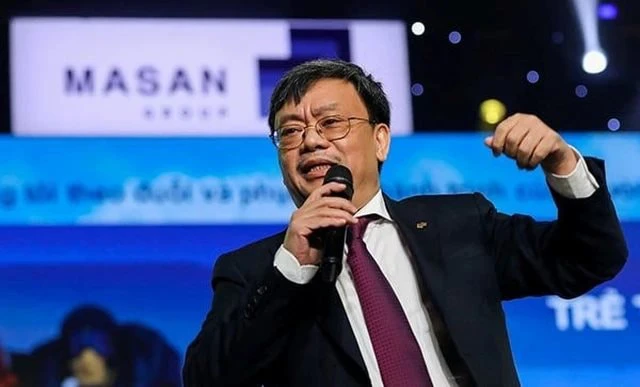



















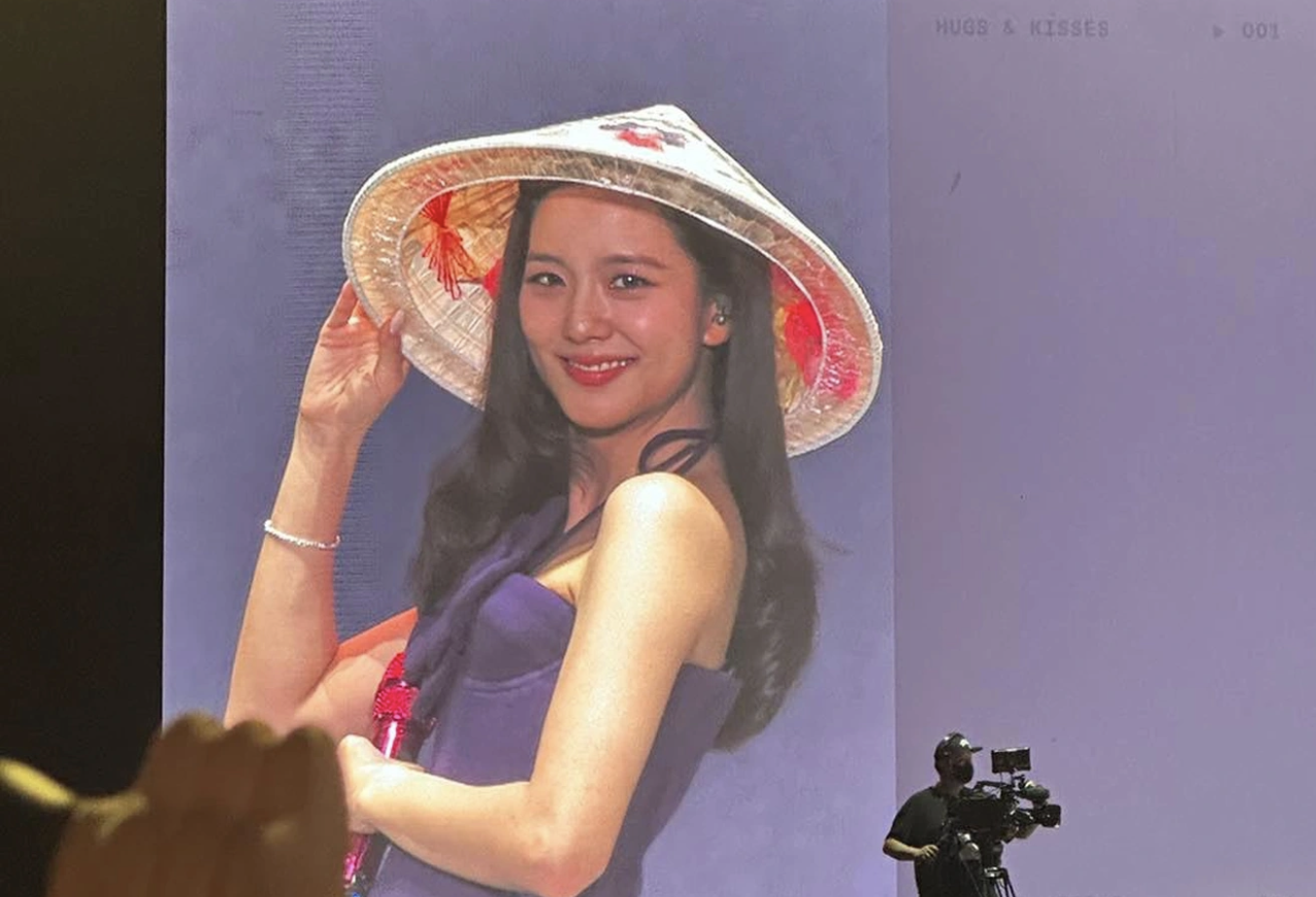







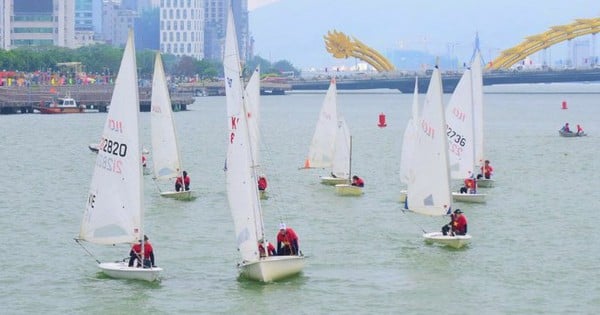


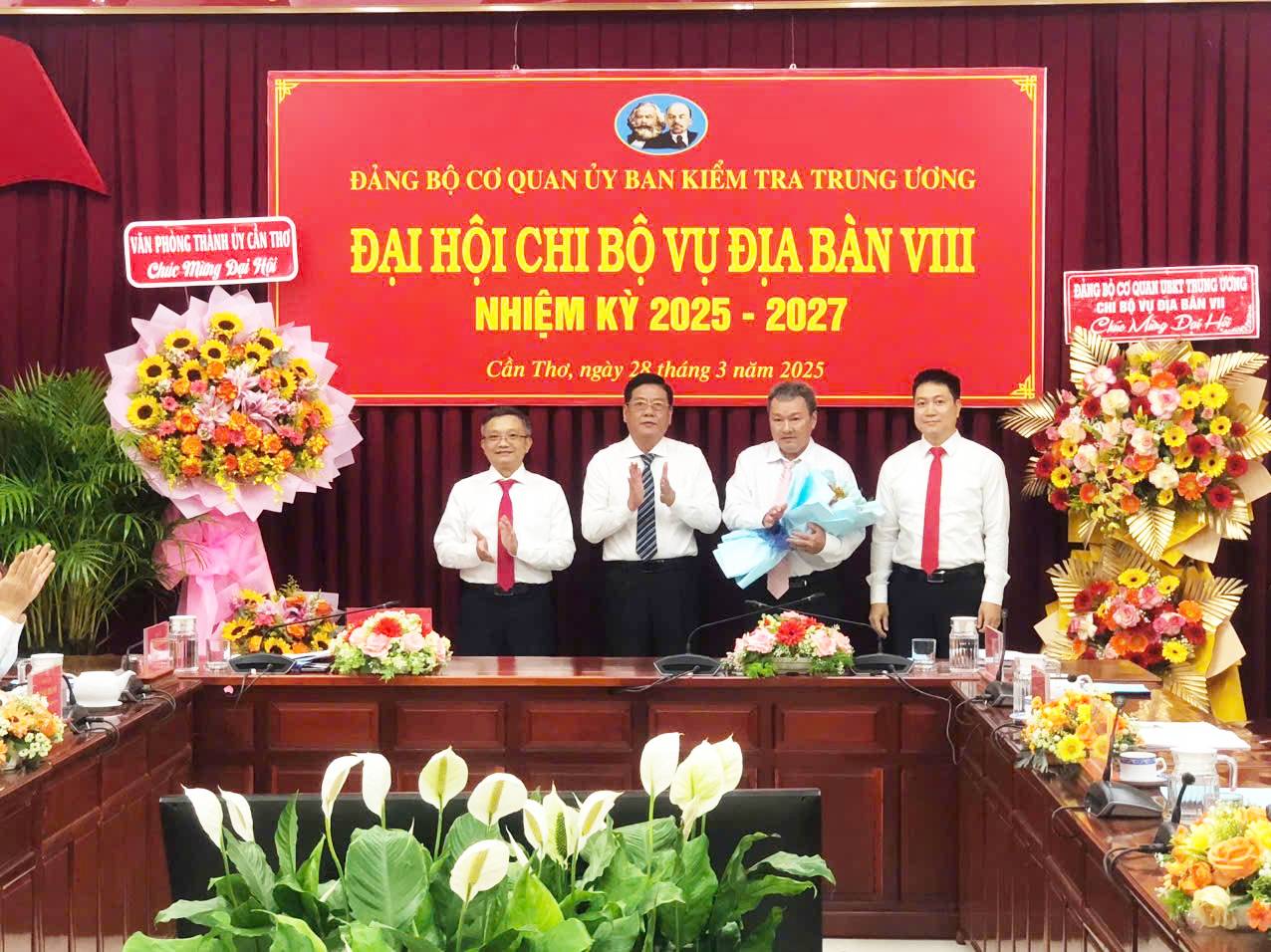

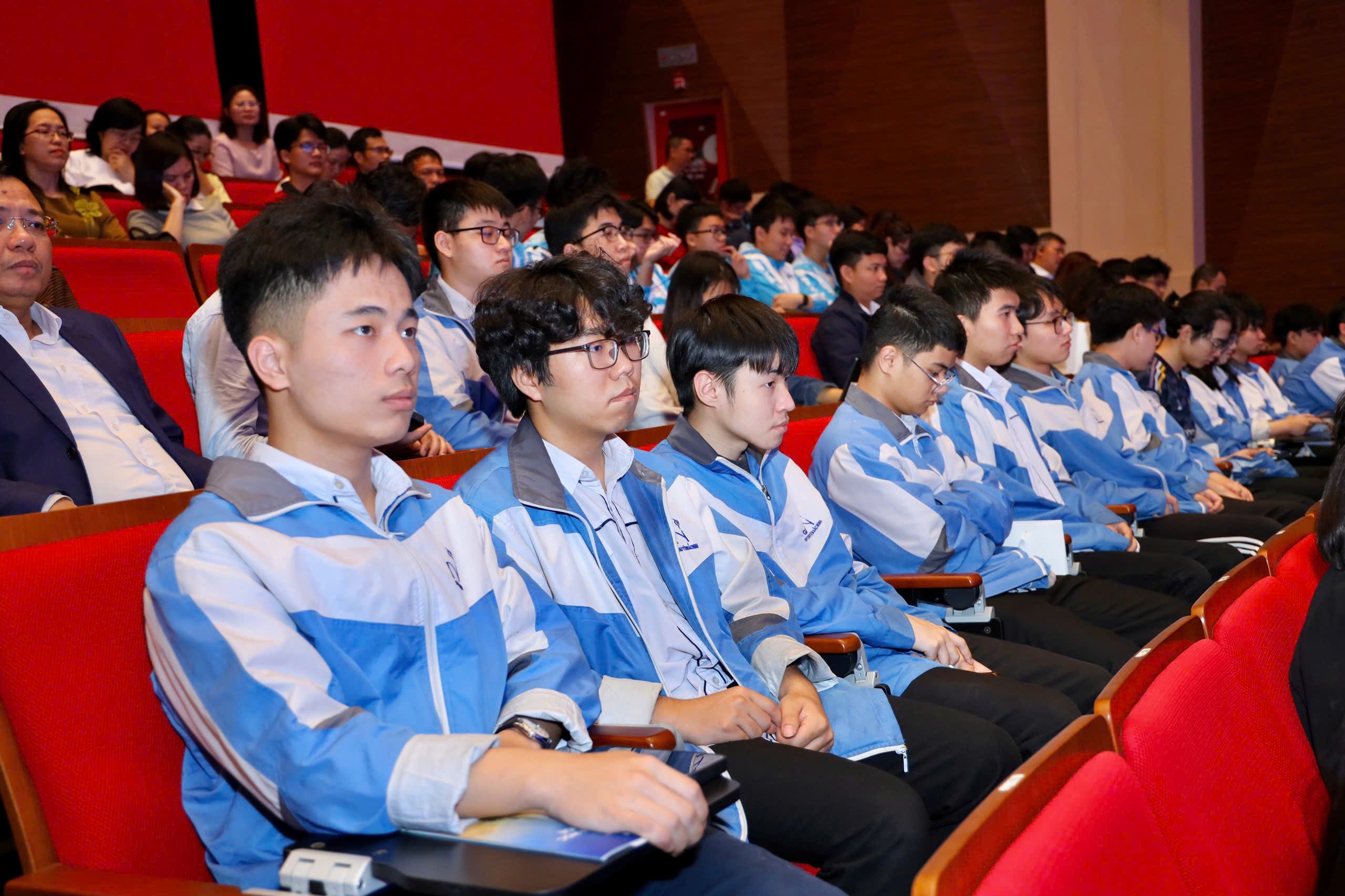





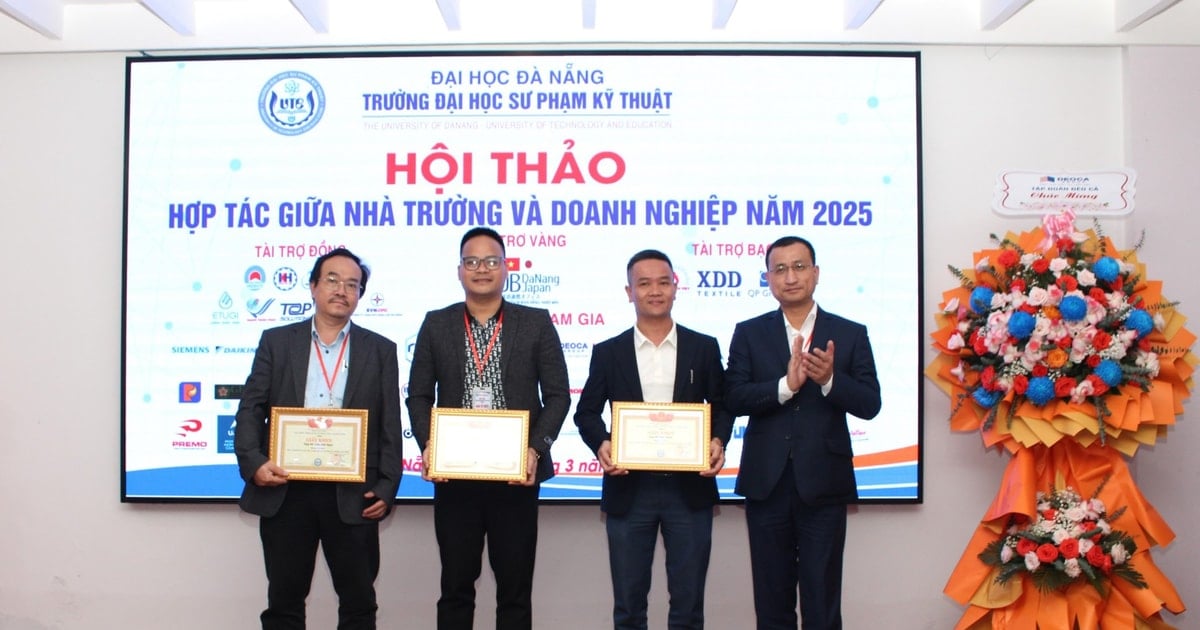

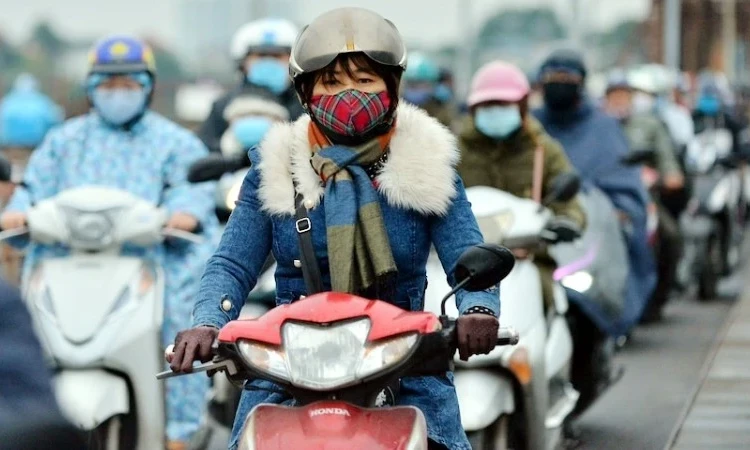













![[REVIEW OCOP] An Lanh Huong Vet Yen Cat](https://vstatic.vietnam.vn/vietnam/resource/IMAGE/2025/3/27/c25032328e9a47be9991d5be7c0cad8c)



Comment (0)